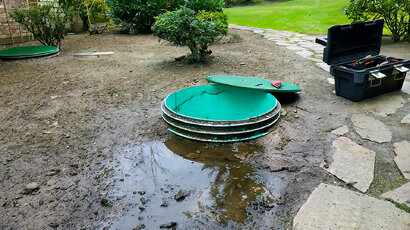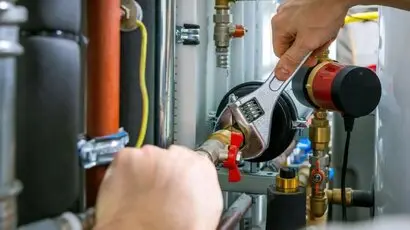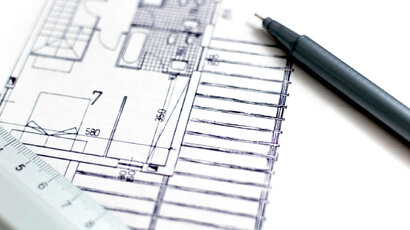The Dangers Of Not Pumping Your Septic Tank
Not pumping your septic tank can cause a range of serious issues. Find out what potential health hazards you might face if your septic tank is not properly maintained!
Having a regular septic tank pumping is a basic necessity, so it’s widespread to see more and more homeowners opting for septic tanks over traditional sewage systems.
It’s surprising how many folks don’t realise the importance of keeping their septic tanks well-maintained and regularly pumped. Homeowners unfamiliar with how septic systems work might wonder why they need to schedule this crucial maintenance task.
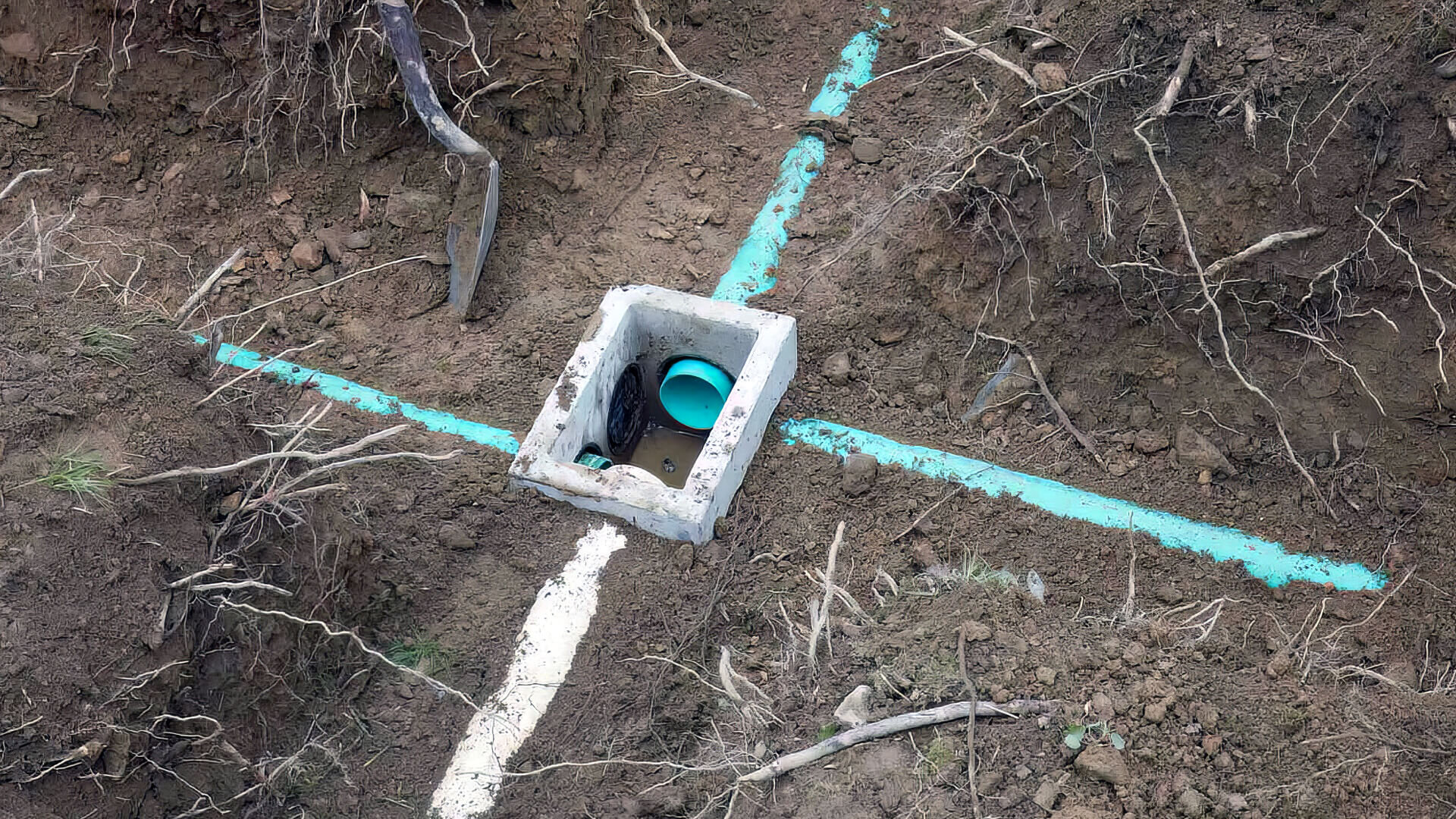
Understanding how septic umping works can help owners appreciate the importance of regular pumping. Remember that failing to maintain your home’s septic tank can affect your entire neighbourhood.
This guide will go through the fundamentals of a septic tank system, how to maintain it, and the consequences of a neglected septic tank.
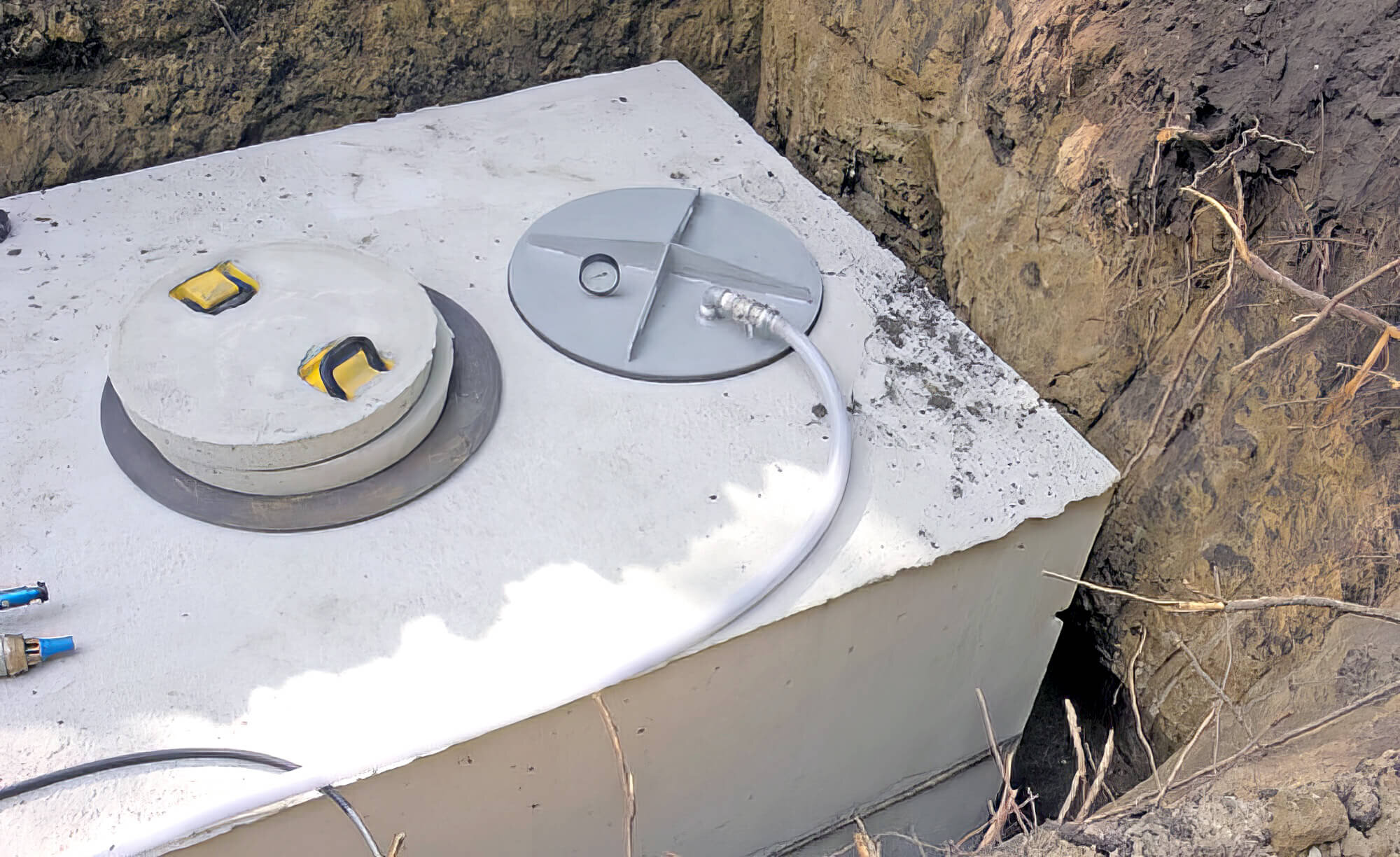
A septic tank is an underground tank large enough to hold hundreds of gallons of wastewater. However, the size of the septic tank depends on your needs. For instance, the size varies from 1,000 gallons to 1,500 gallons.
The main sewage line connects the septic tank to the residence. This line transports all wastewater from your home, including sinks, toilets, showers and bathtubs, to the septic tank. And as the wastewater enters the tank, it separates into three different layers:
A pipe at the top of the septic system runs to a shallow trench known as the drain field. When the sewage passes through this pipe, it goes into the drainage system and is filtered by the earth.
To explain the process briefly, the bacteria in the tank break down the sludge and convert it into liquid form. The soil the wastewater passes through removes the coliform bacteria and viruses to avoid groundwater pollution.
Regular use requires you to pump your septic system when it reaches capacity.
Pumping, like inspections and repairs, is part of the septic systems maintenance process. It aims to rid your system of wastewater by creating a way for more. The technique also helps extend your tank’s life, eliminates stinky sewage odours, and prevents other problems that might affect your family and neighbours.
When your garbage is pumped, it is eliminated from your premises in an ecologically responsible, safe and quick manner. It is then transported to a publicly operated wastewater treatment plant, where the water is cleaned and recovered for various uses.
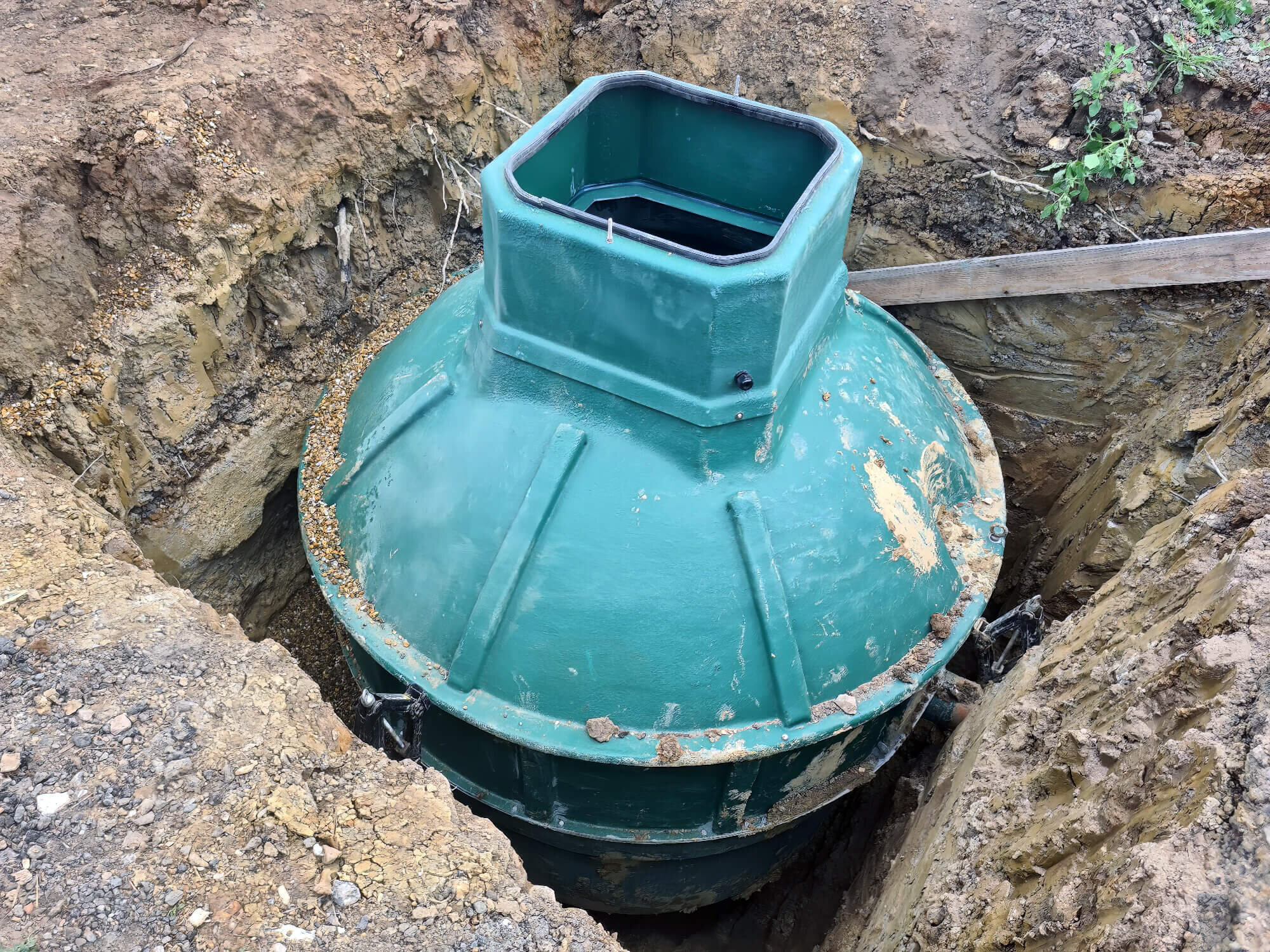
As time goes by, sludge and solid waste gather in the tank, even though natural bacteria help break down some of it. Sadly, they can’t keep up with the quick pace of sludge formation.
That’s where regular septic pumping comes in. It clears out this build-up, keeping your system in tip-top shape and warding off failures that could affect your home’s function and value.
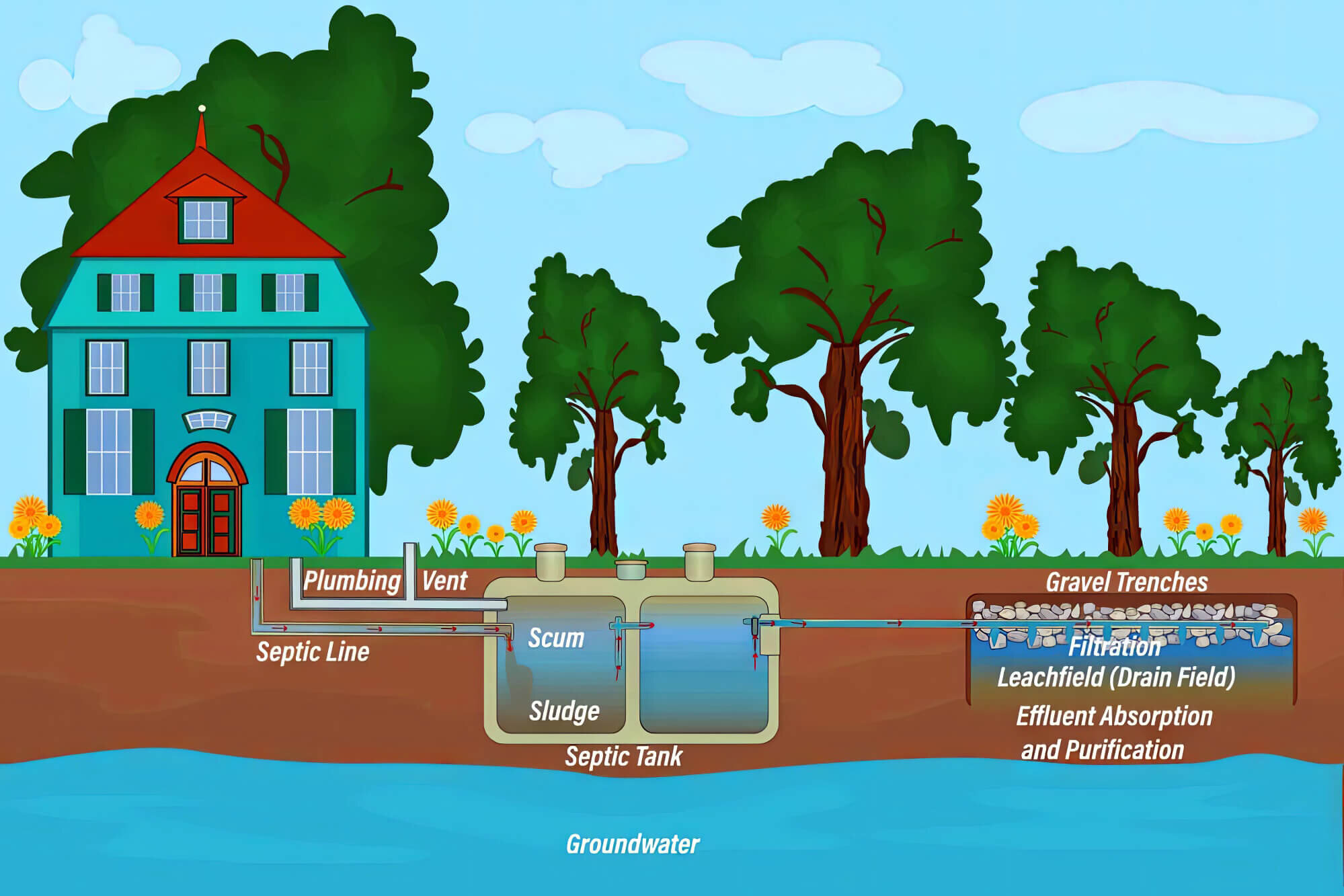
Not getting your septic tank pumped often enough can cause big headaches. As sludge and solids build up, they clog the tank, making it harder to deal with new wastewater. This overflow can block pipes heading to the leach field, leading to other troubles like:
Your tank cannot pump itself, eventually filling up and needing to be drained. This is a crucial component of your home that requires upkeep, like your HVAC, plumbing, or automobile. As such, you should pump your tank at least three times a year.
Look for the following typical warning signals to determine when your septic tank might require pumping:
Getting your septic tank checked and maintained every three to five years is key to keeping it running smoothly. This routine care can help you sidestep pricey repairs or replacements that might come from neglect. For those in rural areas without city sewage, this upkeep is even more vital.
Proper care of your septic system includes monitoring how much water is used in the home and understanding the impact of the number of people living in the household on the septic system’s performance. The more people, the quicker the tank fills, and the more frequently it requires pumping.
Over time, solids that aren’t broken down form a sludge layer at the bottom of the tank. You’ll need to pump or clean it if this layer grows beyond 30% of the tank’s capacity.
Households with a larger family size might have to pump their septic tanks more regularly, whilst those with fewer occupants may be able to go longer between cleanings.
Looking after your septic tank isn’t only about keeping smells and soggy lawns at bay. It’s also about keeping your family safe from diseases and shielding local groundwater from pollution. Taking good care of it can save money by avoiding costly fixes, keeping property value strong.
Just remember, routine pumping and sticking to a three to five-year schedule is less pricey and stressful than facing urgent repairs or a total breakdown.
You may prevent costly sewage repairs and potential property damage by arranging a yearly septic tank check with your local plumbing provider. Additionally, keeping detailed records of the period between cleanings will give you a reasonable timeline for future cleanouts.
WP Plumbing aims to provide high-quality plumbing services to Melbourne homeowners. Whether pumping your septic tank, clearing blocked pipes or fixing a leaking faucet, our plumbers can tackle any plumbing issue. So, give us a call!
After all, only authorised and experienced plumbing professionals should ever have access to your septic tank system since it contains dangerous and lethal gases.
As a new septic tank owner, you have a lot to learn! This guide provides tips for keeping your tank in good condition and avoiding costly repairs.
Congratulations on your new home! As a new homeowner, it’s important to familiarise yourself with some essential plumbing tips to avoid potential headaches. This blog offers practical advice, preventive maintenance tips, and guidance on when to seek professional help, ensuring a smooth plumbing experience in your new abode.
Know the complexities of renovating your plumbing system. You will learn everything you need to know to make informed decisions, from identifying issues to selecting the right materials.
